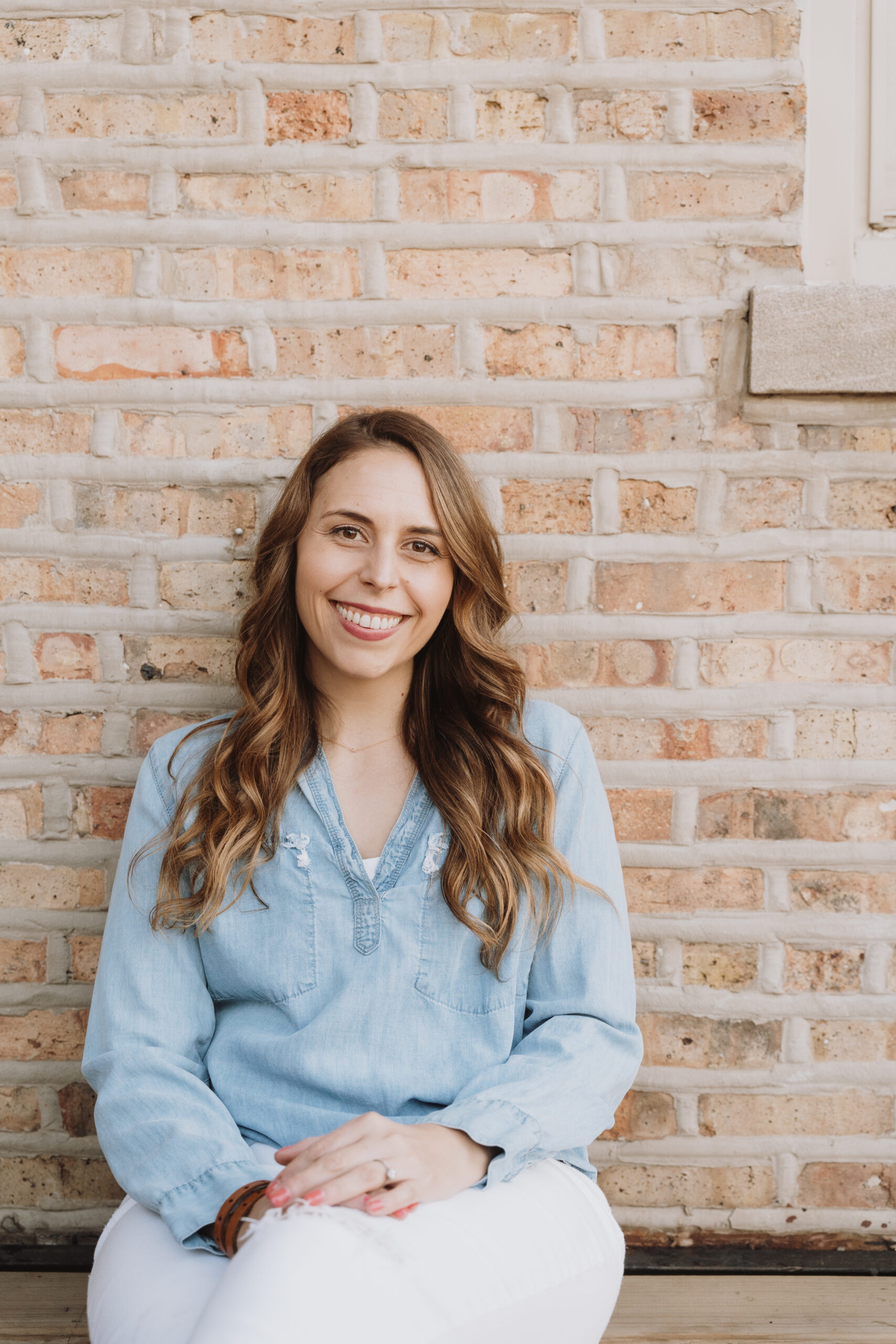Are You Restricting Food or Just Not Want It? Here’s How to Tell

Written By:
Category:
Ryann Nicole
Congratulations! You’ve decided to end your restrictive ways and embrace true recovery. You understand that all foods are fair game, and there are no more forbidden items on your menu. But now, let’s say someone offers you a cookie, and you’re not sure if you want it. You wonder, “Am I restricting food, or do I genuinely not want that cookie right now?” Don’t worry; you’re not alone in this dilemma. Let’s break it down to help you distinguish between restriction and genuine preferences.
1. Ask Yourself: What Is My Intention?
The first step in determining whether you’re restricting food is to honestly assess your intention behind declining a particular food. Ask yourself why you are choosing to opt-out. Is it because you want to be “good,” to lose weight, or because you feel like you shouldn’t have it? If you answer “yes” to any of these, then it’s likely that you are restricting.
- 🚩 This is not listening to your body. When your decision is driven by external rules or societal expectations, you’re not in tune with your body’s signals.
- 🚩 This is not food freedom. True food freedom means making choices based on what your body truly needs and desires, rather than external influences.
- 🚩 This is not setting yourself up to feel satisfied. By restricting, you might be missing out on the satisfaction and enjoyment that comes from eating what you genuinely desire.
On the other hand, if your decision to decline the food is based on the desire to feel good – not just physically, but mentally and emotionally – and you believe that this particular food won’t contribute to that feeling, then you’re on the right track.
- ✅ This is listening to your body rather than your mind. When you make choices aligned with how your body feels, you’re nurturing your well-being.
- ✅ This is food freedom. You’re free to choose foods that make you feel your best in all aspects.
- ✅ This is setting yourself up to feel satisfied. By honoring your body’s signals, you’re more likely to feel content and fulfilled after your meal.
2. Ask Yourself: Am I Still Thinking About It?
After making your decision, pay attention to your thoughts. Is that cookie still on your mind? If you find yourself constantly thinking about its taste, smell, and how it would feel in your mouth, it’s a sign that you might be restricting food.
- 🚩 You’re left feeling unsatisfied. Your mind is fixated on what you “can’t have,” which can leave you feeling unsatisfied and craving that cookie even more.
Maybe you initially believed you were opting out of this food to feel good, but now you realize it was driven by the thought that you needed to be good. On the other hand, if that cookie is completely out of sight, out of mind, it’s a sign that you genuinely didn’t want it.
- ✅ You’re left feeling satisfied. Your decision is not causing inner turmoil, and you’ve moved on without constantly questioning your choice.
In conclusion, it’s completely normal to be uncertain about your motives behind food choices, especially when you first embark on the journey of food freedom. The key is to be aware of your intentions and thoughts, and to always prioritize listening to your body rather than external influences. As you practice this, you’ll become more adept at distinguishing between genuine preferences and restrictive behaviors, ultimately leading to a healthier and happier relationship with food. Embrace the freedom to eat intuitively and savor the foods that truly satisfy your body and soul.
Dive into these juicy pods for a bit of inspiration:
- 109. A Binge Eating Disorder Recovery Story; ft. Shannon Brown (@bingeeatinghope)
- 107. How To Intuitively Eat At Parties
- 103. A Binge Eating Recovery Story; ft. Priscilla Moore (@cillaaa.hope)
Must Read Books To Improve Your Relationship With Food
Just so you know, I do review everything I recommend. When you buy through links on this page, we may earn a commission.
Intuitive Eating by Elise Resch and Evelyn Tribole
When it was first published, Intuitive Eating was revolutionary in its anti-dieting approach. The authors, both prominent health professionals in the field of nutrition and eating disorders, urge readers to embrace the goal of developing body positivity and reconnecting with one’s internal wisdom about eating―to unlearn everything they were taught about calorie-counting and other aspects of diet culture and to learn about the harm of weight stigma.
Health At Every Size by Lindo Bacon
Fat isn’t the problem. Dieting is the problem. A society that rejects anyone whose body shape or size doesn’t match an impossible ideal is the problem. A medical establishment that equates “thin” with “healthy” is the problem. The solution? Health at Every Size. Tune in to your body’s expert guidance. Find the joy in movement. Eat what you want, when you want, choosing pleasurable foods that help you to feel good. You too can feel great in your body right now—and Health at Every Size will show you how.
Anti-Diet by Christy Harrison
In Anti-Diet, Christy Harrison takes on diet culture and the multi-billion-dollar industries that profit from it, exposing all the ways it robs people of their time, money, health, and happiness. It will turn what you think you know about health and wellness upside down, as Harrison explores the history of diet culture, how it’s infiltrated the health and wellness world, how to recognize it in all its sneaky forms, and how letting go of efforts to lose weight or eat “perfectly” actually helps to improve people’s health—no matter their size. Drawing on scientific research, personal experience, and stories from patients and colleagues, Anti-Diet provides a radical alternative to diet culture, and helps readers reclaim their bodies, minds, and lives so they can focus on the things that truly matter.
Just Eat It by Laura Thomas
With a perfect blend of scientific expertise and relatable anecdotes, the author dismantles societal myths around food and body image. Through practical advice, self-reflection exercises, and a touch of humor, Thomas equips readers with the tools to break free from the cycle of diet culture, promoting self-love and nourishment. This book is an essential companion for anyone seeking to redefine their approach to food, fostering a positive and sustainable lifestyle.
Ryann Nicole
Licensed Therapist, Certified Nutritionist, and Virtual Wellness Coach
Ryann is a licensed therapist and virtual wellness coach who has assisted individuals worldwide in establishing a healthier relationship with food and their bodies.
Are You Ready to Heal Your Relationship With Food?
I understand—it can be overwhelming to figure out where to begin. Let's simplify things and have you start right here:
Why Am I Overeating?
First Steps To Stop Binge Eating
The Food Freedom Lab Podcast
FREE QUIZ
FREE GUIDE
Podcast
the food freedom lab podcast


